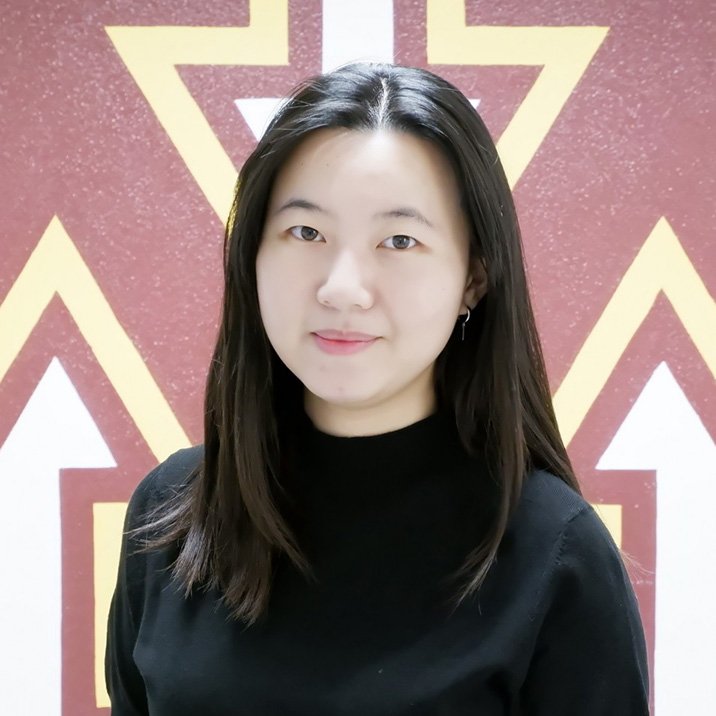ISyE Seminar Series: Xiaotang Yang

"Human in the Loop Automation: Ride-Hailing With Remote (Tele-) Drivers"
Presentation by Xiaotang Yang
PhD Candidate, Department of Industrial and Systems Engineering
University of Minnesota
3:30 pm - Seminar
4:30 pm - Reception, snacks and beverages
About the seminar:
Tele-driving refers to a novel concept where drivers can remotely operate vehicles (without being physically in the vehicle). By putting the human back "in the loop," tele-driving has emerged recently as a more viable alternative to fully automated vehicles, with ride-hailing (and other on-demand transportation-enabled services) being an important application. Because remote drivers can be operated as a shared resource (any driver can be assigned to any customer regardless of trip origin or destination), tele-driving has the potential to reduce the severity of the spatial mismatch between vehicle supply and customer demand that is often experienced in these services and the number of drivers needed. In this paper, we quantify the potential gains that could be realized by switching from in-person drivers to remote drivers. We compare a traditional ride-hailing system with one with tele-drivers in three regimes defined by vehicle capacity. We find that: (1) if customers are impatient, a system with appropriately selected driver capacity may significantly improve the service level (the fraction of demand that is served), or significantly reduce the number of drivers while maintaining a similar service level; and (2) if customers are patient, a system with remote drivers may stabilize an otherwise unstable system with in-vehicle drivers or significantly reduce the number of drivers while maintaining a similar service level (as measured by the expected delay experienced by customers).
Bio:
Xiaotang Yang is a Ph.D. candidate at the University of Minnesota -- Twin Cities in the Department of Industrial and Systems Engineering, advised by Saif Benjaafar. Her research interests are in the area of operations management with a focus on on-demand service platforms, smart mobility, and the sharing economy. She aims to understand the impact of new business models and innovative technologies in the context of these applications on multiple stakeholders, including customers,independent workers, and firms. Her research involves building quantitative models to (i) support decision making by the various parties involved and (ii) draw managerial insights and implications for public policy.